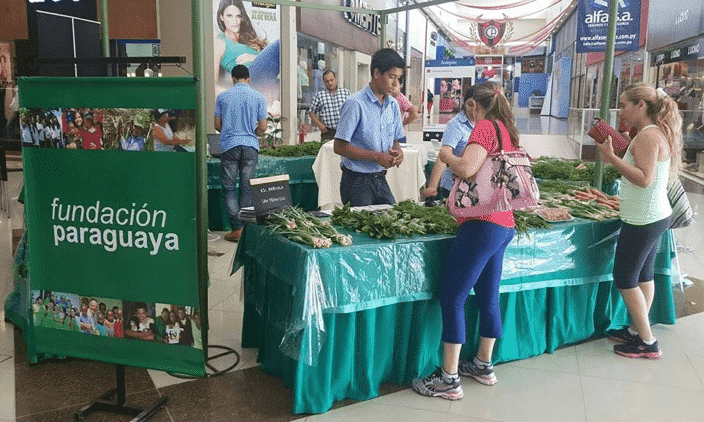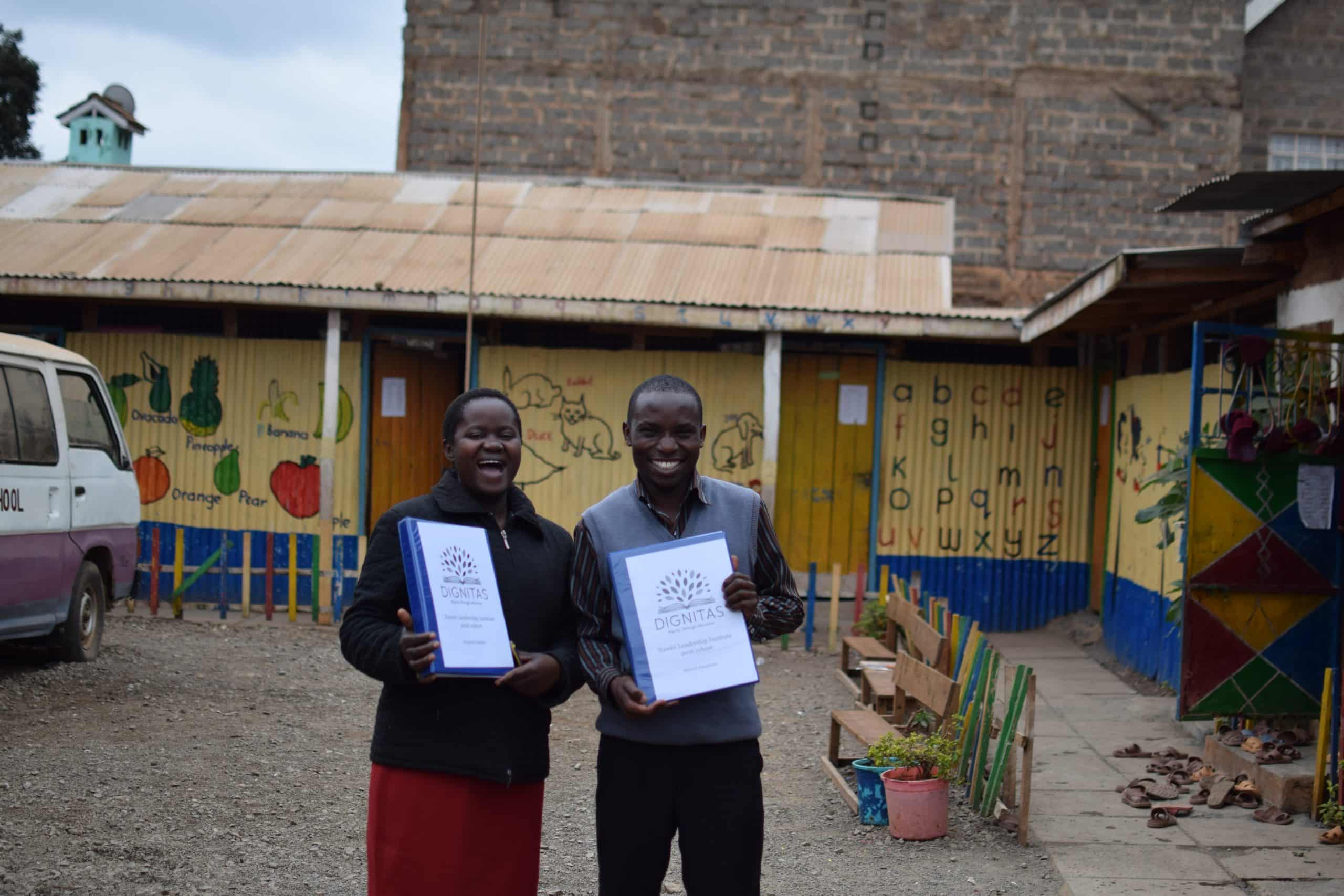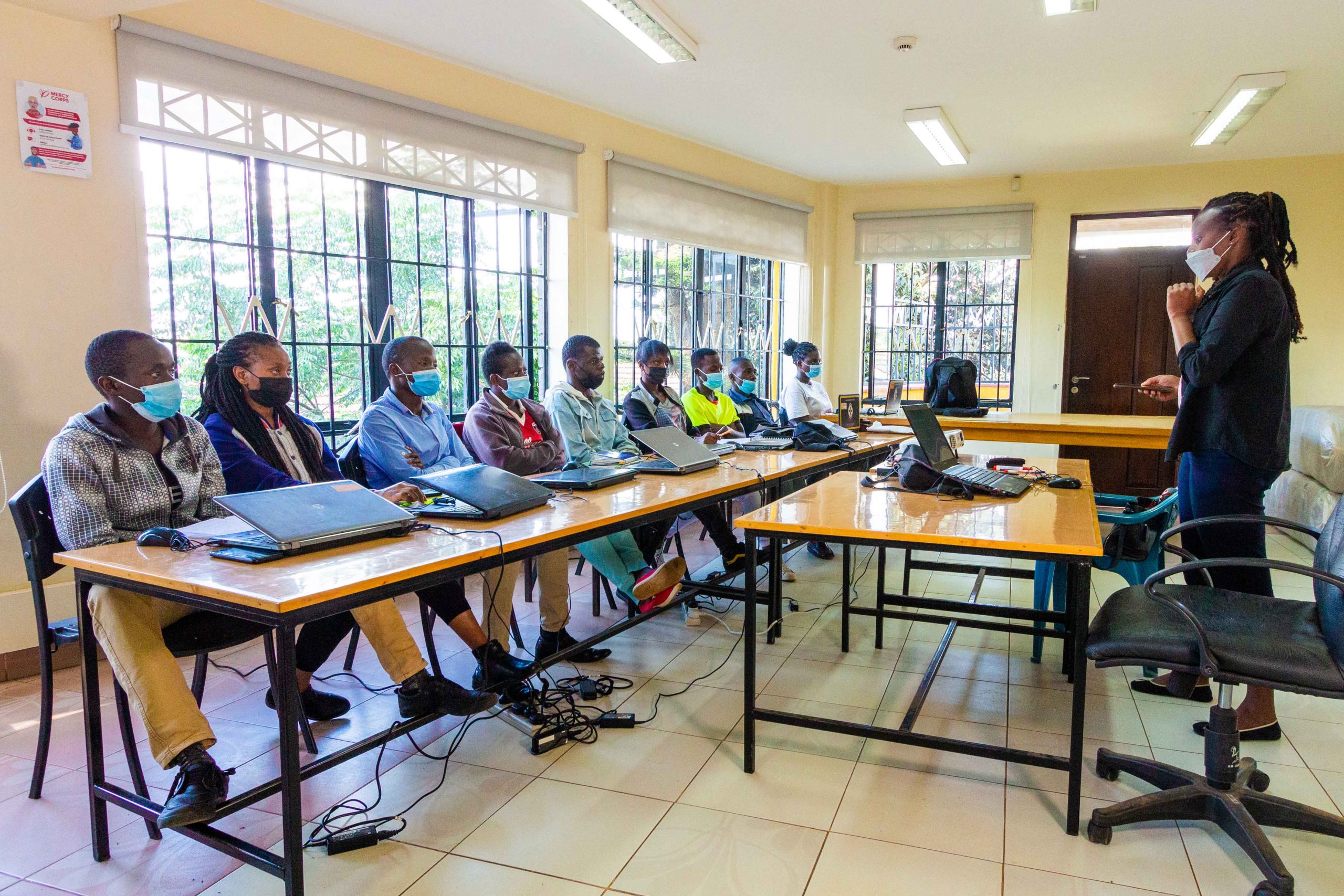Project Type: Workforce Development
-
Supporting Technology Skills in Cambodia with PEPY
Bridging a Technology Gap for Cambodian Students Rural Cambodian youth have few income opportunities outside of construction, agriculture, or migrating to Thailand. As a result, education is undervalued and drop out rates are high, causing the cycle of poverty to repeat. The impact of Covid-19, however, only worsened the situation with many Cambodian youth losing…
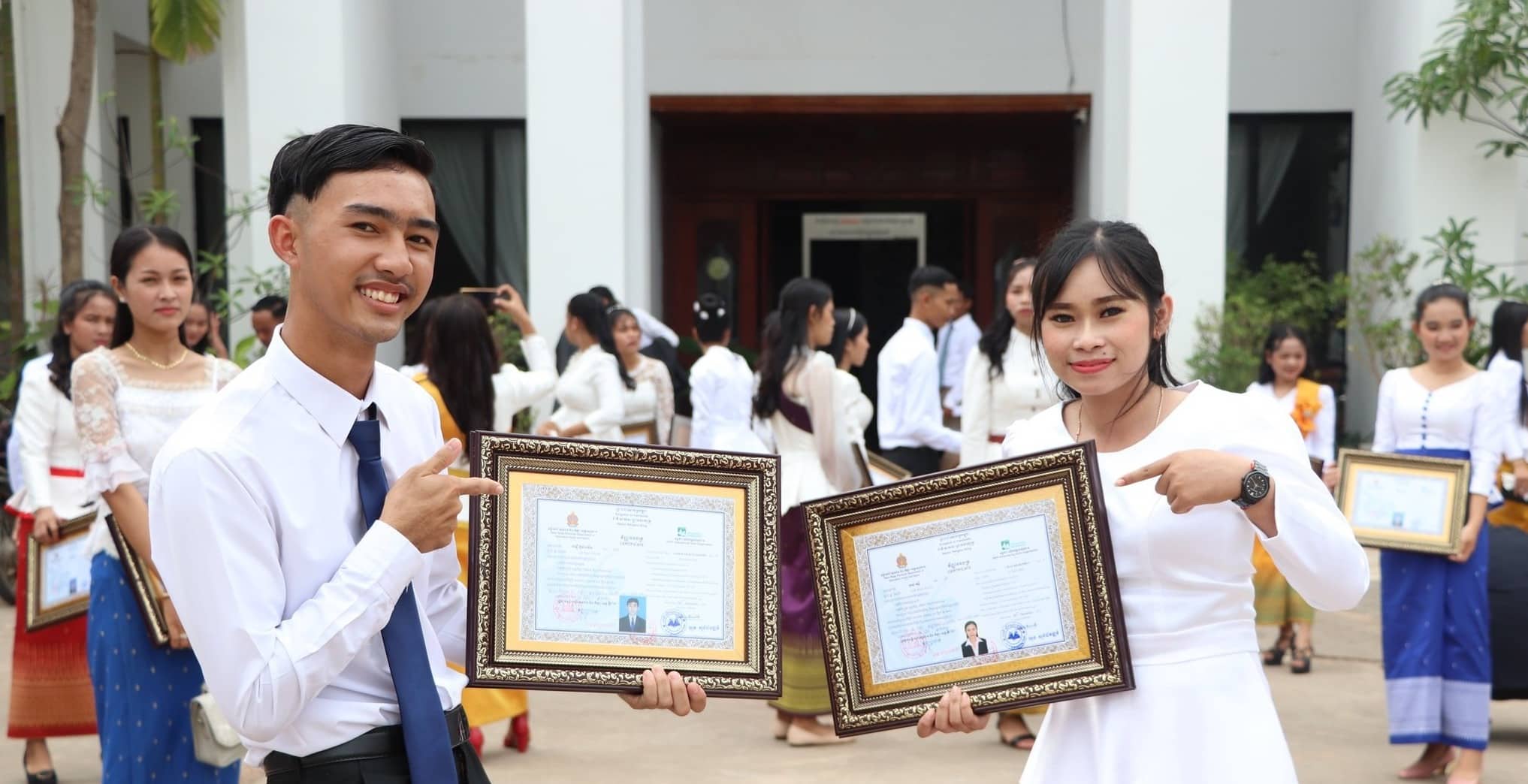
-
Technology Skills for Women in Uganda: 2019 WITU Project
WITU Empowers Women to Learn Technical Skills 74% of Ugandans between the ages of 15-25 are unemployed. The majority of them are young women who have either dropped out of school due to poverty or lack digital skills for better jobs because public schools do not use technology for instruction and learning. Women in Technology…
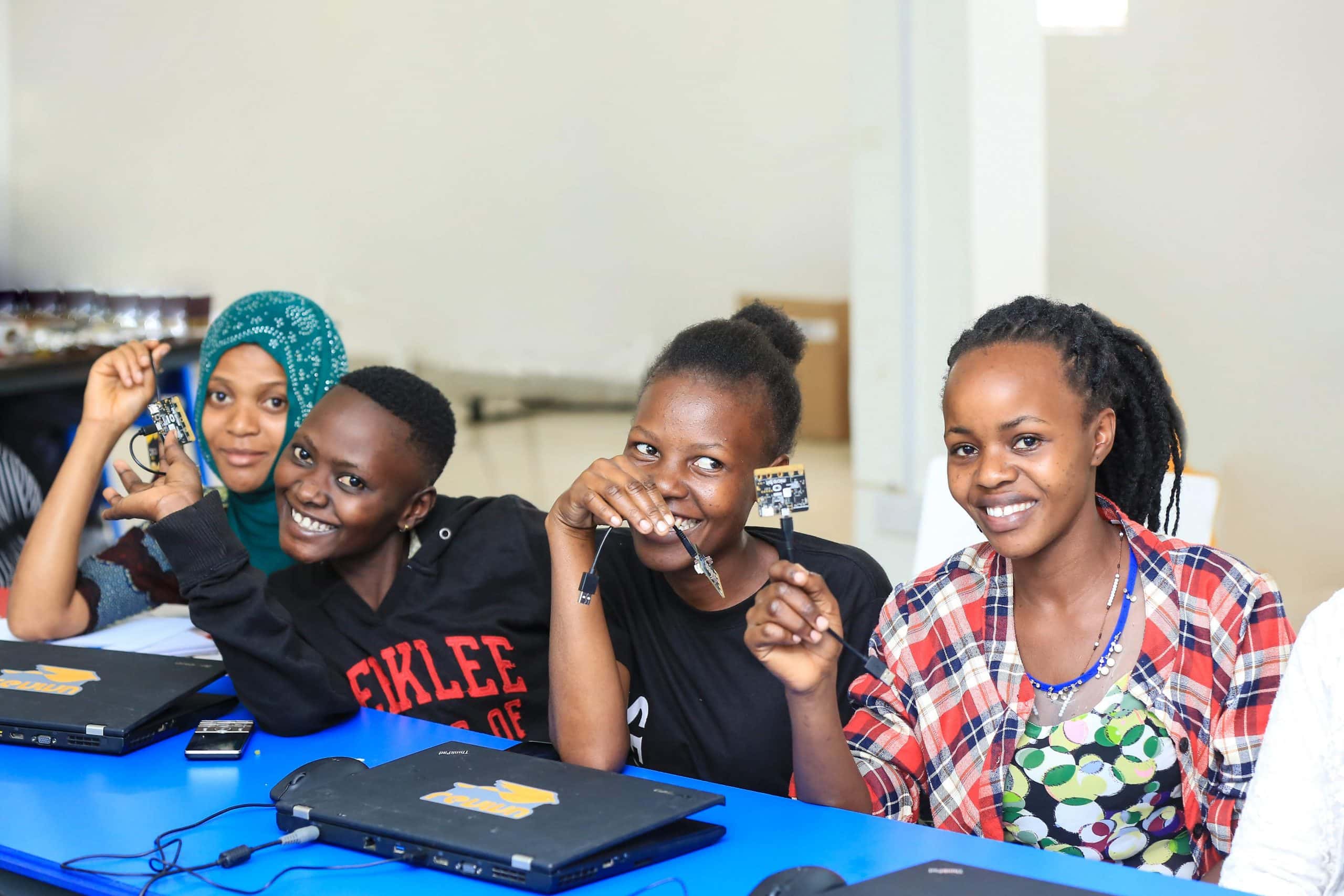
-
Empowering Marginalized Communities of Malawi with Centre for Youth and Development
Malawi has one of the highest poverty rates in the world; about 12 million Malawians live on less than $1.25 a day. These devastating circumstances leave many with food shortages, health concerns, and minimal access to education. Out of their population of nearly 16 million, only 65.8% will learn to read and write by the…
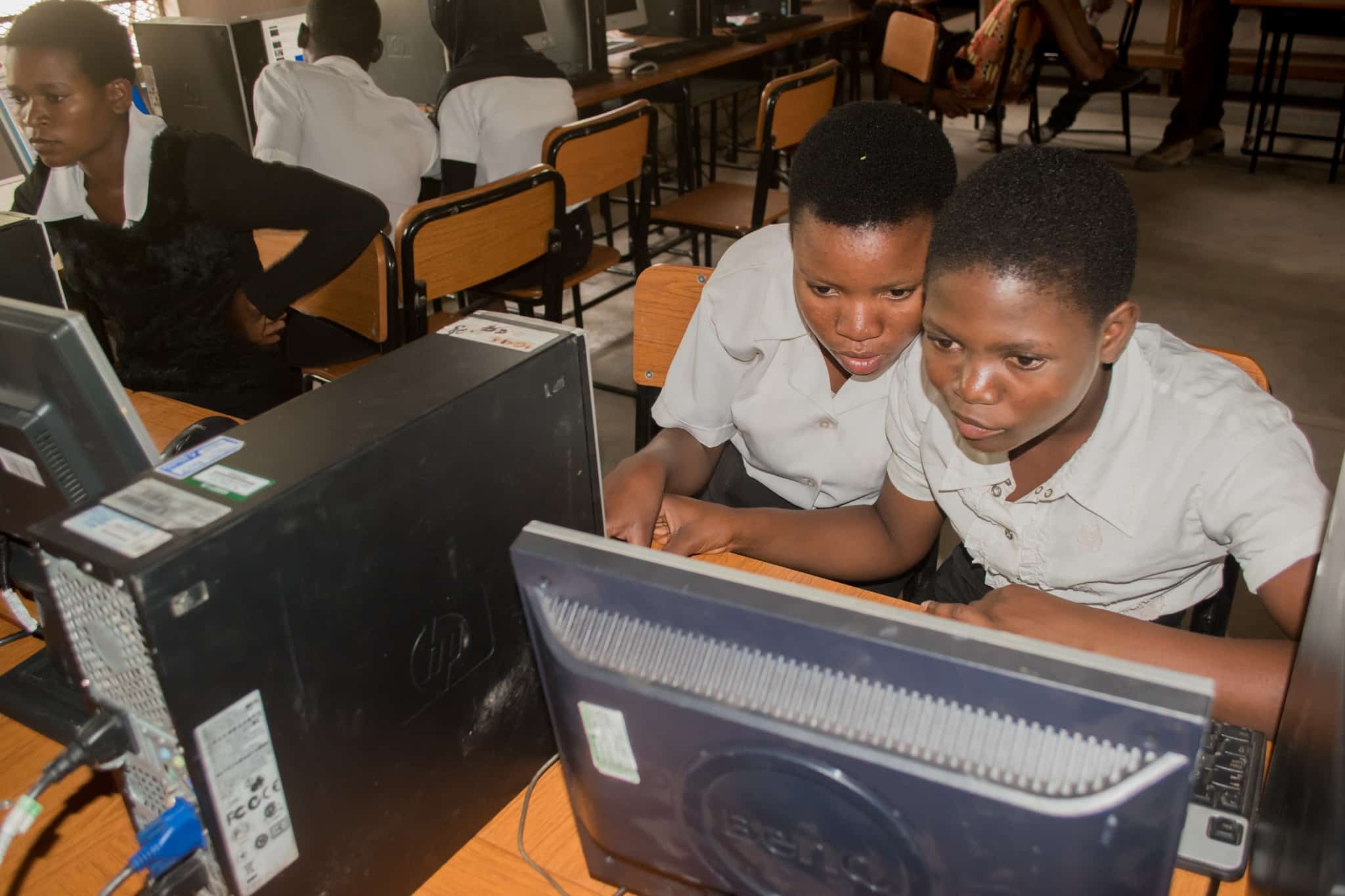
-
Curbing Poverty through Digital Literacy in Liberia with EduCare
Local solutions are fundamental so solving local problems. By engaging directly at the local level, EduCare puts the power back in the hands of those working on the front lines of national development in their own local communities. EduCare uses the tools of human and economic capacity building to foster the emergence of a regenerated…
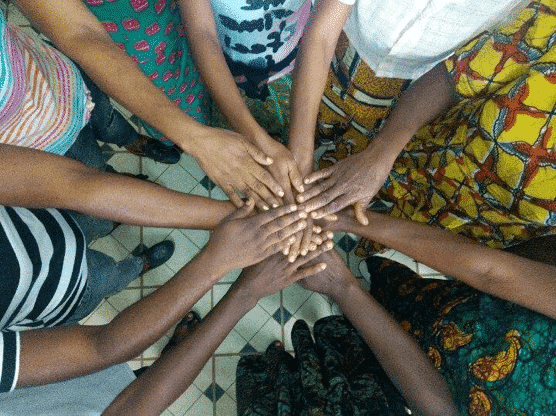
-
University Virtual Summer Internship
During the summer of 2020, Team4Tech partnered with Middlebury College, Dartmouth College, and the University of California at Davis to provide a unique and impactful virtual summer internship for students interested in ed tech. The internship cohort included 17 students who worked with three of our nonprofit partners: the Gashora Girls Academy of Science and…
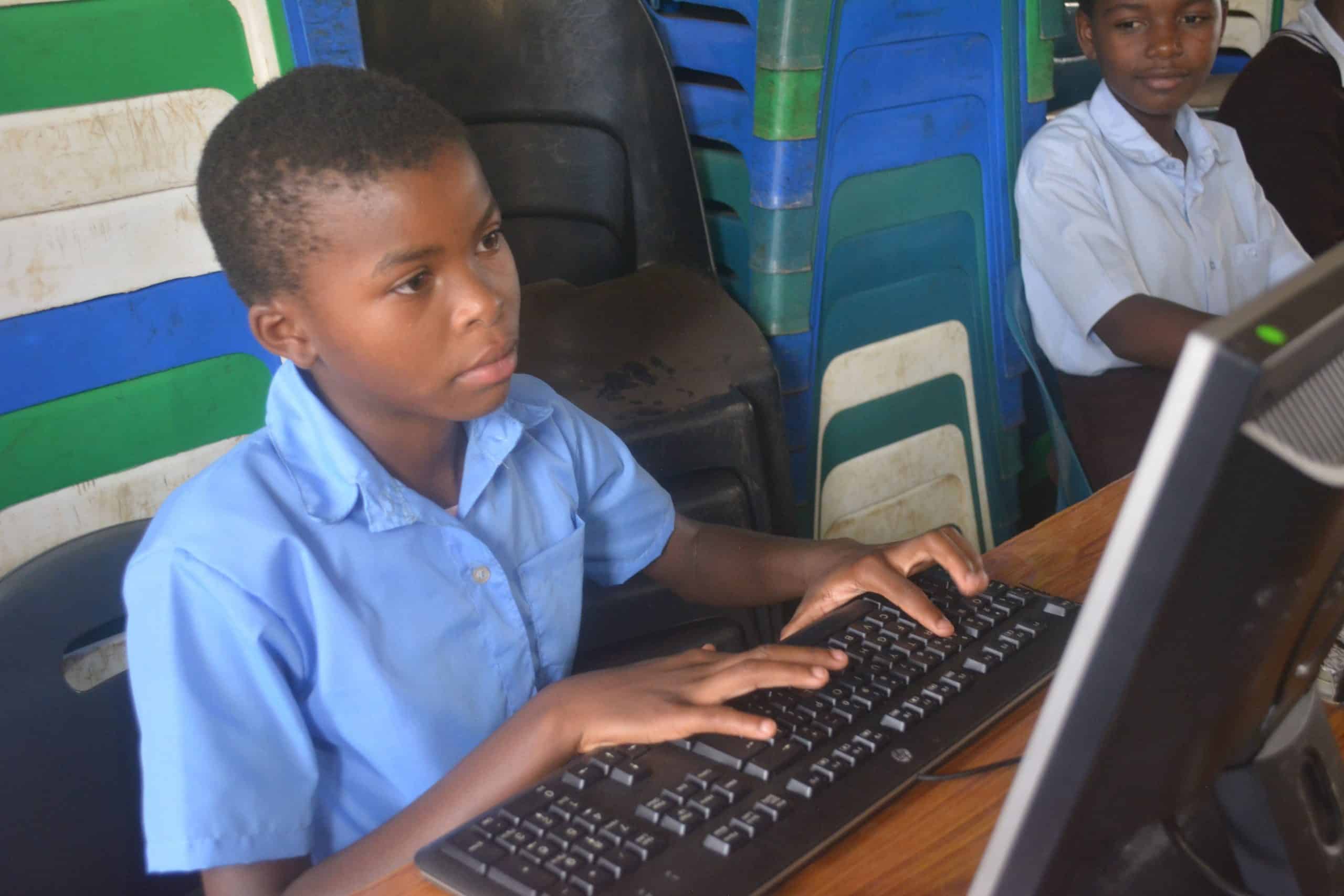
-
Providing Pathways to Break the Poverty Cycle in Cambodia with PEPY Empowering Youth
In the rural and remote communities of Cambodia, young people and their families do not see many opportunities for themselves outside of construction, agriculture, or migrating to Thailand to create income. As a result, education is not valued and drop out rates are high, causing the cycle of poverty to repeat. In the wake of…
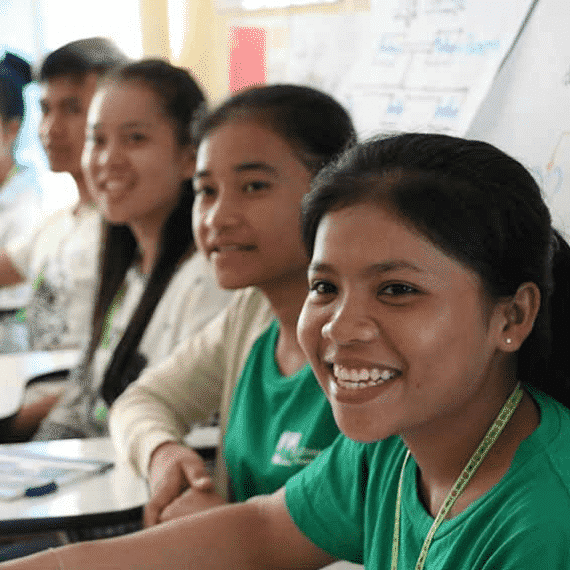
-
Activating the Potential of Impoverished Families in Paraguay with Fundación Paraguaya
Project Type: Virtual or On-Site (Short-term available) When: Flexible In Paraguay, more than 30% of the population lives in poverty. Six out of ten young people with jobs have bad working conditions, lack of adequate protection, and low wages. This disadvantage is due to the scarce opportunities and difficult access to specialized training and services…
